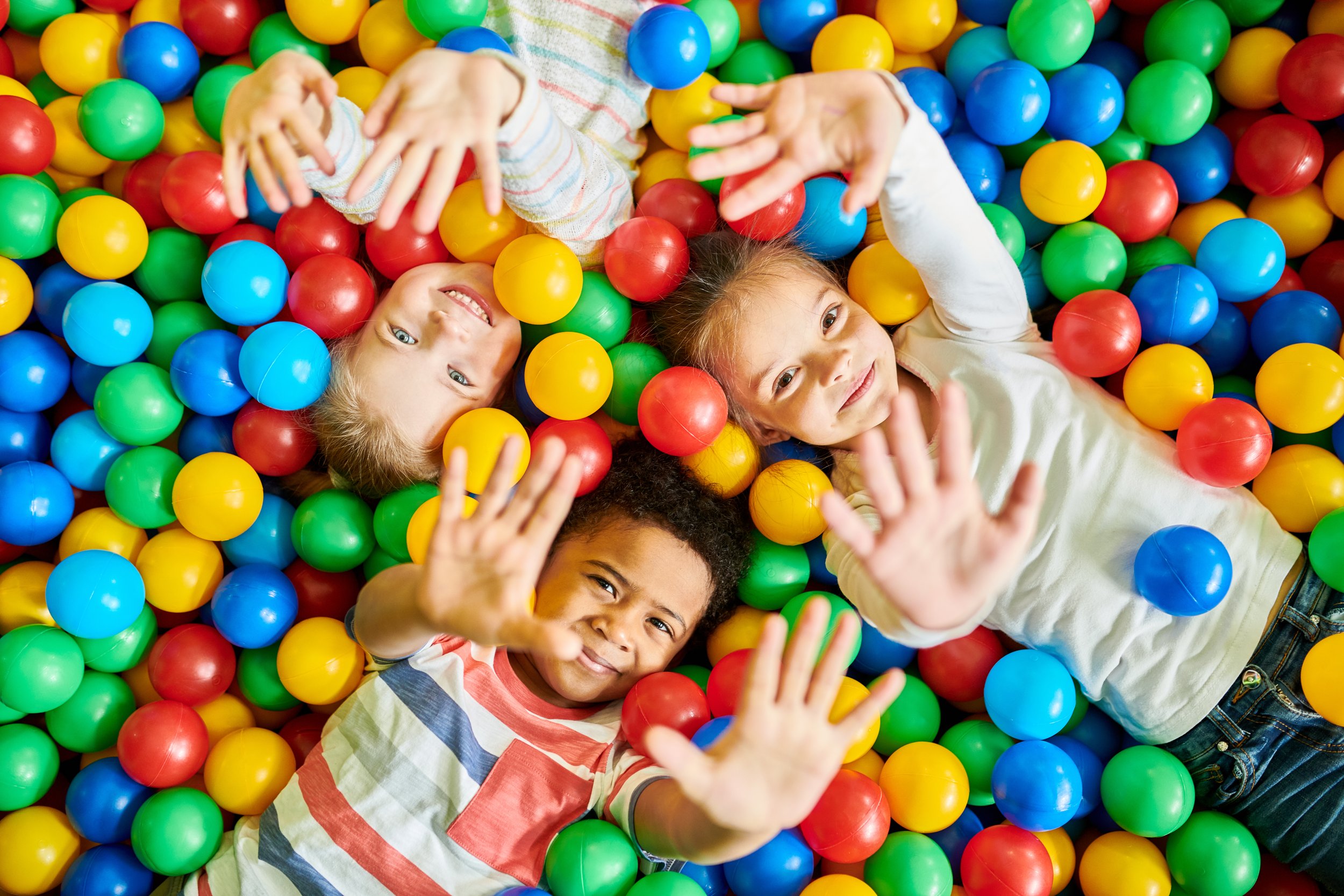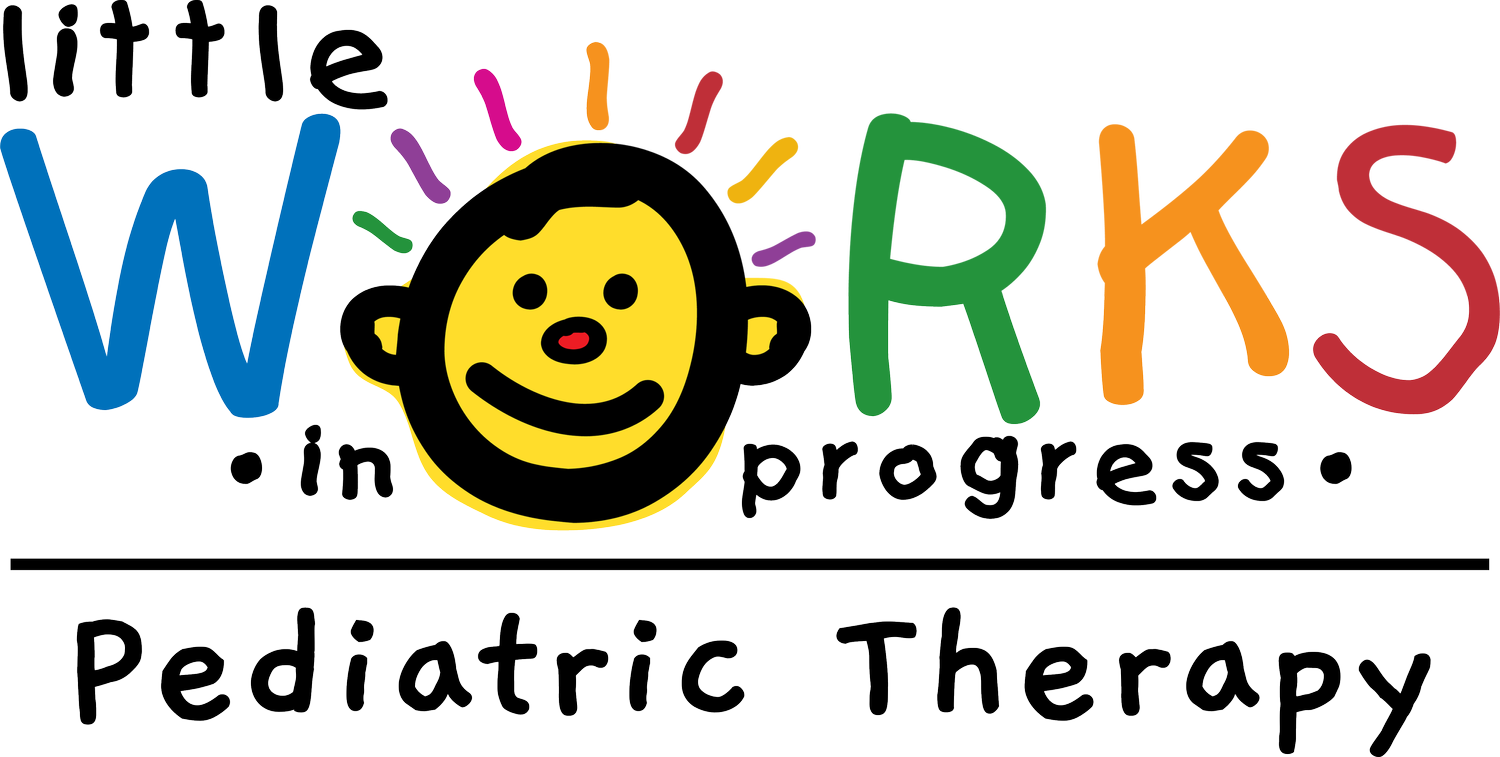
Speech Therapy
Speech Therapy covers a wide variety of services. We offer assessment and intervention services in the following areas: receptive/expressive language, oral motor, articulation, fluency, auditory development, learning strategies, and augmentative communication.

-
This refers to eye contact, gestural communication, facial expression, babbling, sound imitation, and nonverbal communication that develops before verbal communication.
-
This refers to the strength and coordination of the face and mouth muscles needed for speech and feeding. Deficits in this area may include: drooling, poor control of food while eating, and unclear speech.
-
This refers to the speech production of all sounds within a language involving accuracy in placement of the articulators, timing, direction of movements, force extended, speed of response, and neural integration of all events.
-
Receptive language is spoken or written messages a person understands. Expressive language is the words or gestures a person uses to communicate. Receptive language usually precedes expressive language.
-
This refers skills such as turn taking, making indirect requests, eye contact, attention, and social skills.
-
This refers to thinking skills such as memory, organization, planning, and problem solving.
-
This is a software program that systematically teaches the critical skills for phonological awareness, auditory processing, and introductory phonics. These are skills your children must have in order to learn how to read and spell. Earobics automatically adjusts the level of instruction to your child’s level and progress. Each program has entertaining characters and encouraging feedback that children love.
